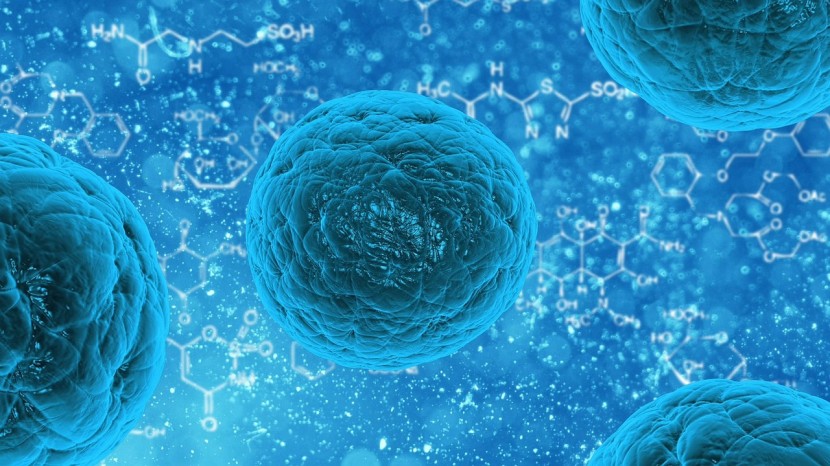
Viruses occur in Herculean statistics throughout Earth from the atmosphere to the oceans. Despite the opulence and nutrient-richness of viruses, no organism uses them as food. Fortunately, protists are virus eaters.
The First Organisms to Eat Viruses
Small, single-cell creatures floating in the ocean could be the first organisms confirmed to chow down on viruses. Scientists scooped up such organisms named protists from the Gulf of Maine's waters and the Mediterranean Sea off the Catalonian coast of Spain.
The amount of biomass of viruses on Earth is equivalent to an estimated 25 billion human beings. Scientists have not yet pinpointed a species that purposefully eats viruses for energy, reported ABS-CBN News.
In "Frontiers in Microbiology," scientists publish the initial remarkable evidence that two clusters of ecologically important marine protists namely choanozoans and picozoans are virus eaters. They catch their prey through phagocytosis such as engulfing.
On protists as virus eaters, "Our data show that many protist cells contain DNA of a wide variety of non-infectious viruses but not bacteria, strong evidence that they are feeding on viruses rather than on bacteria. That came as a big surprise, as these findings go against the currently predominant views of the role of viruses and protists in the marine food webs," according to author Dr. Ramunas Stepanauskas, Director of the Single Cell Genomics Center at Bigelow Laboratory for Ocean Sciences in East Boothbay, Maine, US, reported Phys.org.
Also Read : How Could COVID-19 Affect Global Road Deaths?
The scientists pointed out that they detected a series of viral DNA linked with the two diverse groups of protists; the same DNA sequences occurring in numerous members of the two groups, notwithstanding some of the single-cell organisms not being closely related.
According to lead author Julia Brown, a bioinformatician at the Bigelow Laboratory for Ocean Sciences in Maine, "It would be like organisms as distantly related as trees and humans, or even more distantly related than that. It's very, very unlikely that those viruses are capable of infecting all the organisms we found them in," reported Live Science.
Like viruses, protists simmer in seawater by the billions and trillions and a number might chow down on marine viruses, according to the study published on Thursday.
If the findings succeed, it is said that they could help centuries-old dogma turn a 180. Instead of acting merely as illness-causing agents, viruses could in some cases help in bolstering and sustaining it.
Link Between Protists and Viruses?
Mere new studies cannot reveal a consumptive association between protists and viruses, according to Rika Anderson, a microbial ecologist at Carlton University in Minnesota who was not involved in the research study. But protists have been discovered in numerous habitats ranging from rotten tree stumps to animal intestines and could have transformed at least many techniques to feed themselves.
Two Sites
To prove that protists are virus eaters, Stepanauskas and his colleagues sampled seawater from two locations: the Mediterranean off Catalonia, Spain in January and July 2016 and the Northwestern Atlantic in the Gulf of Maine, US in July 2009.
Related Article : Taj Mahal Reopens as COVID-19 Cases in India Skyrocket








